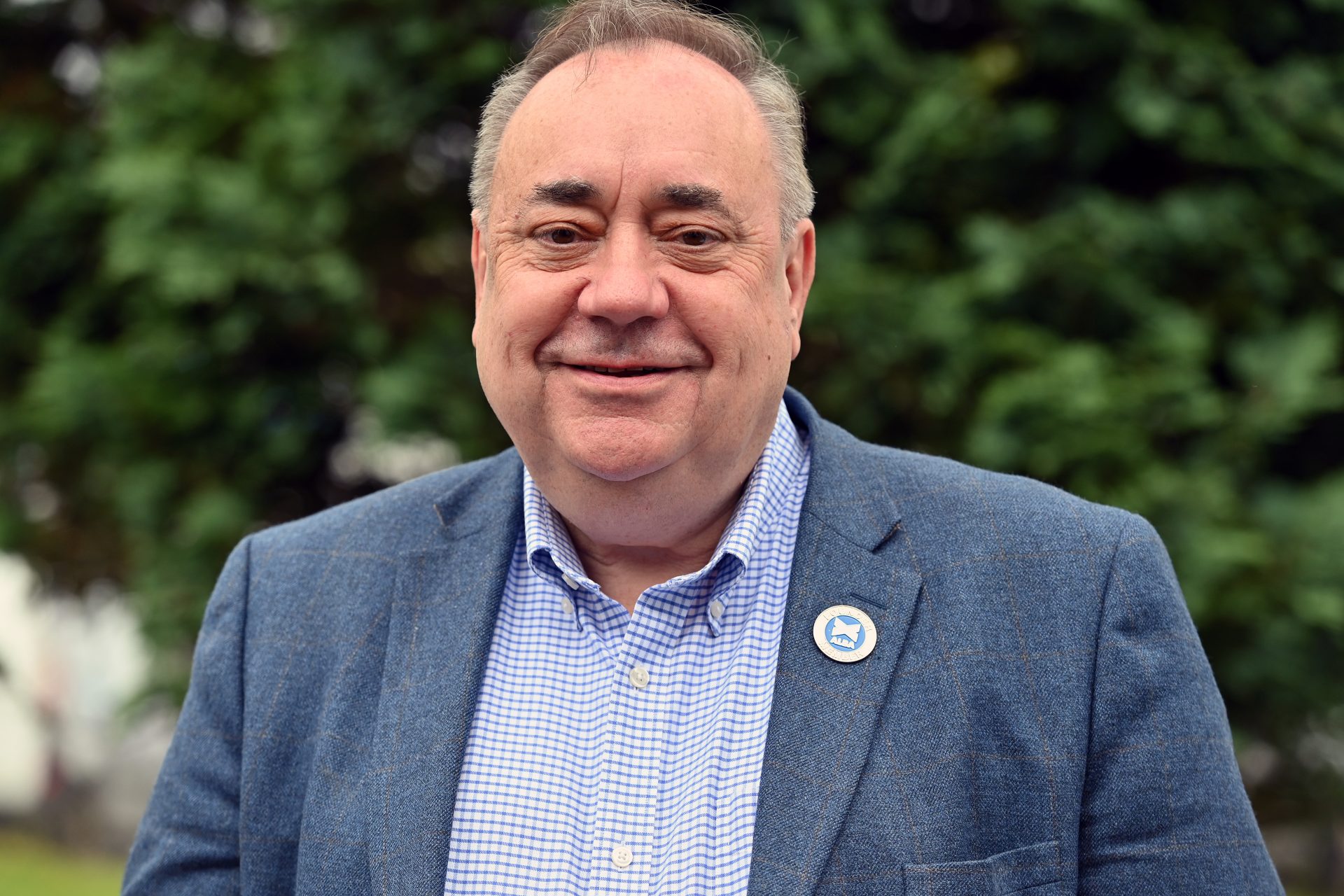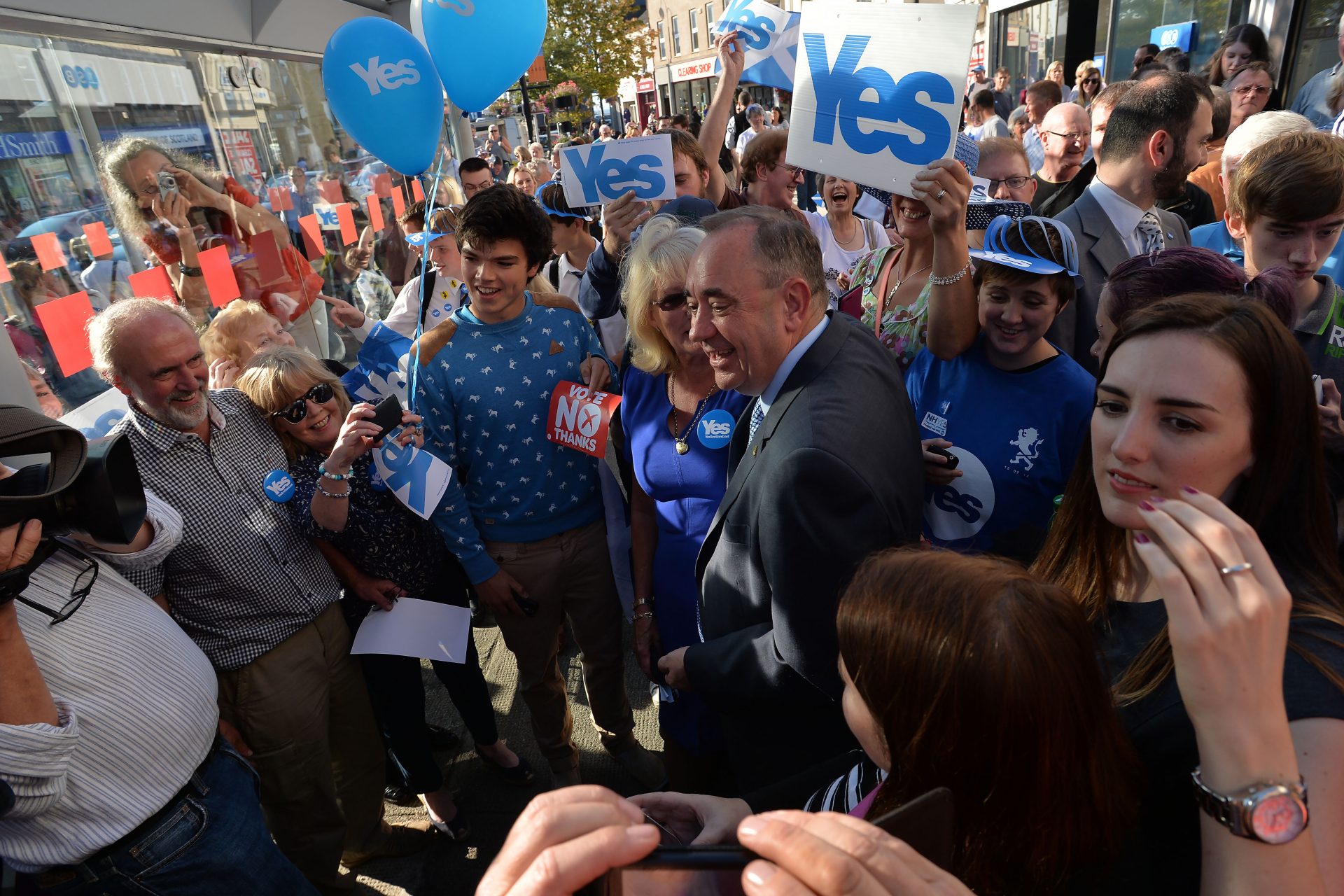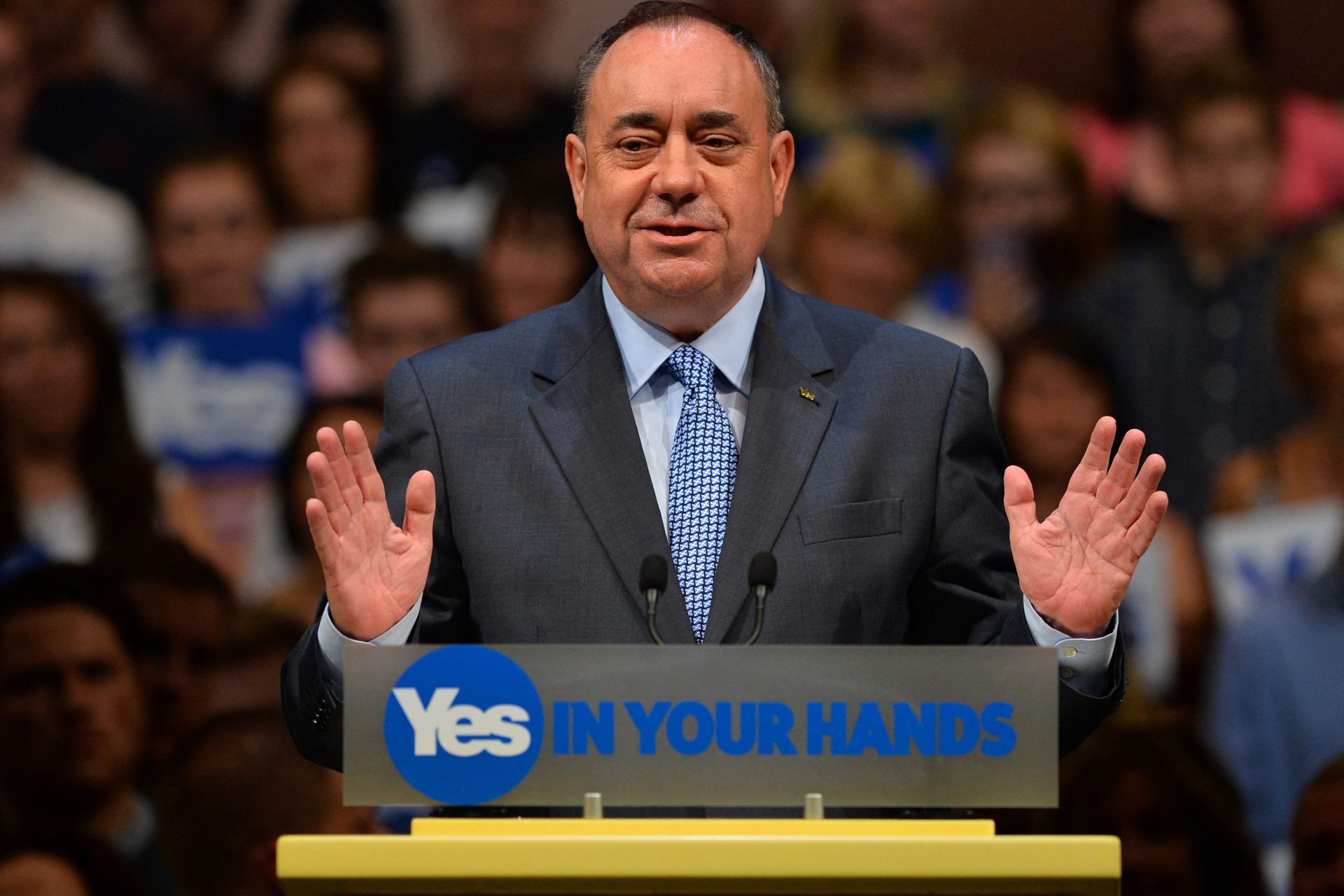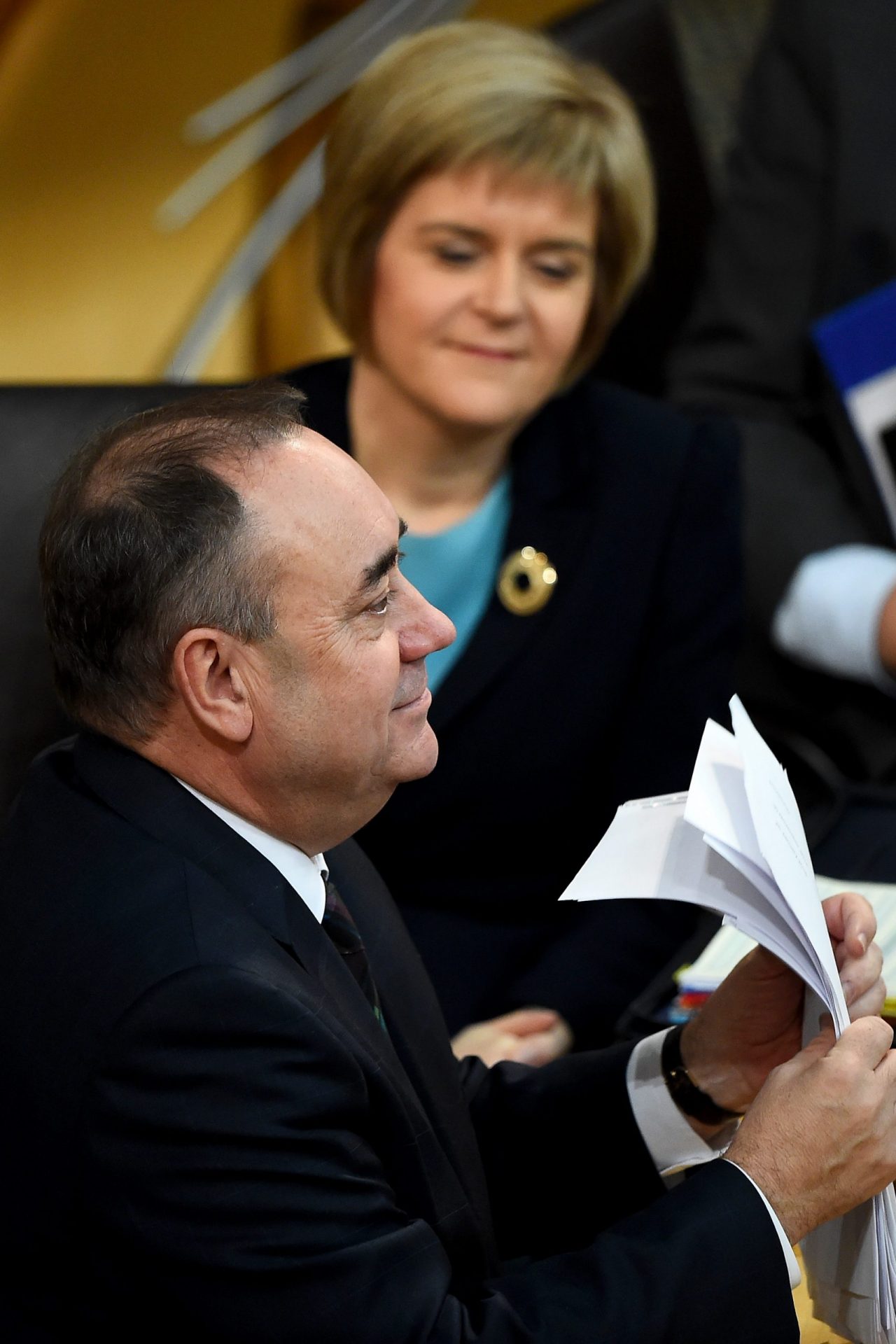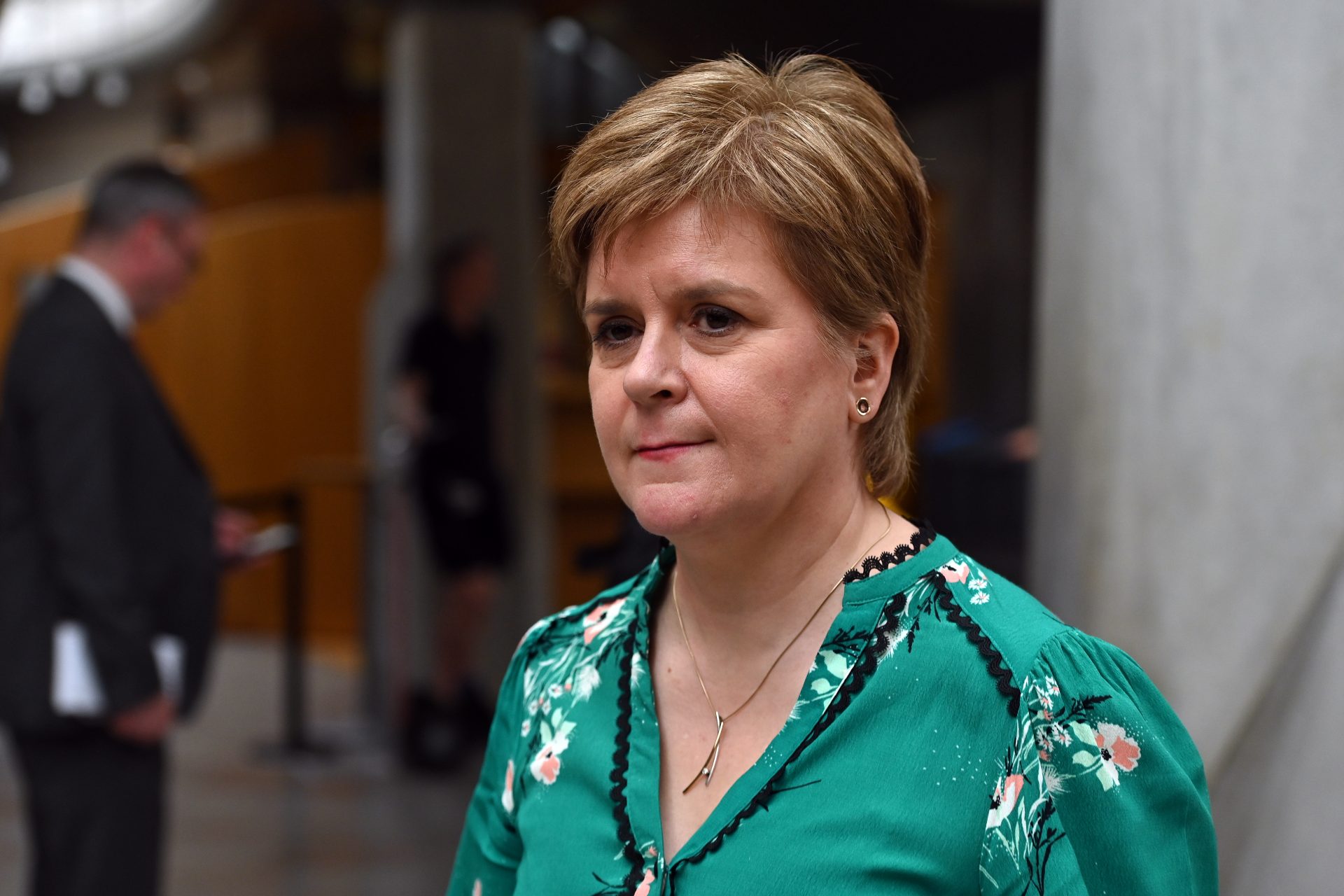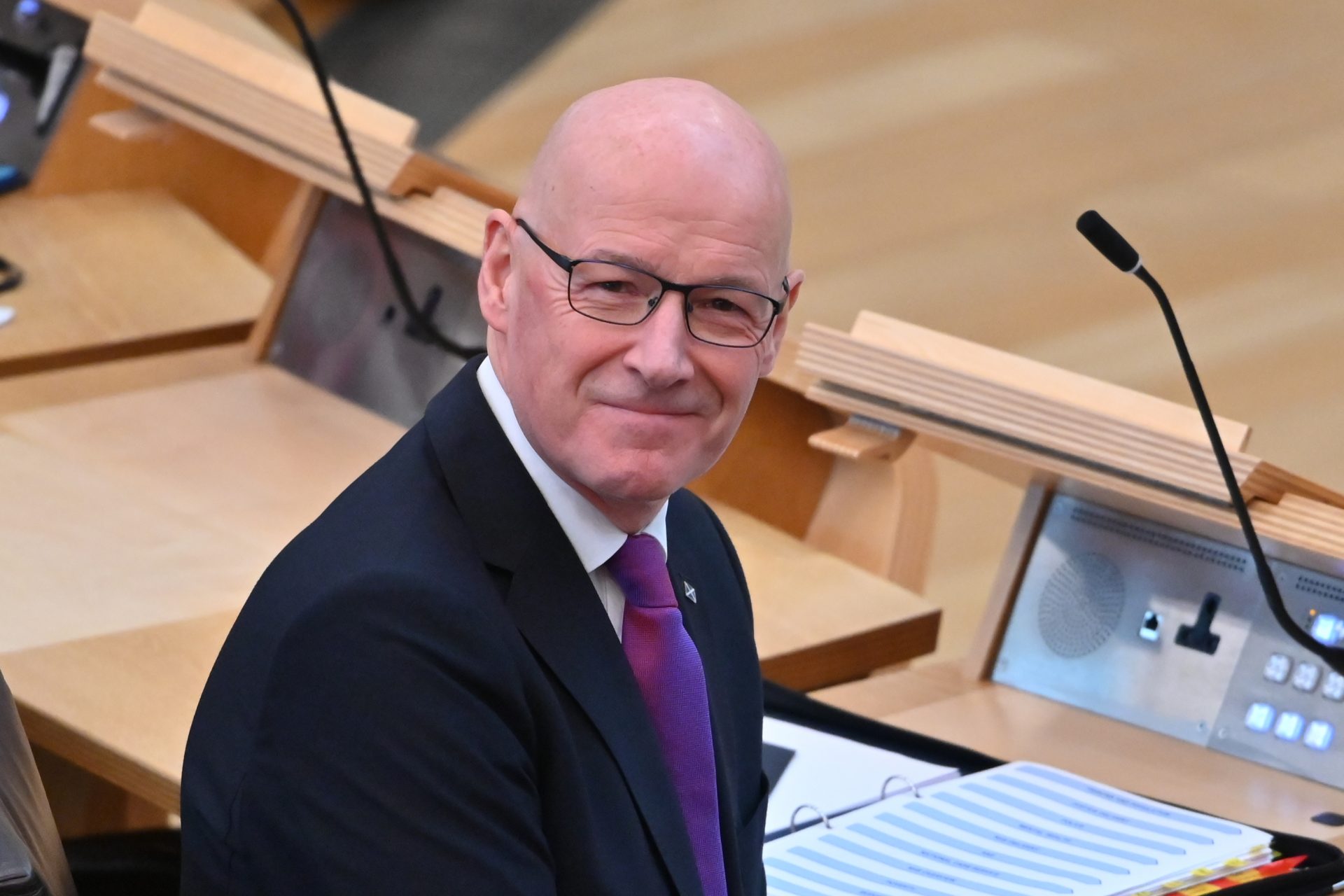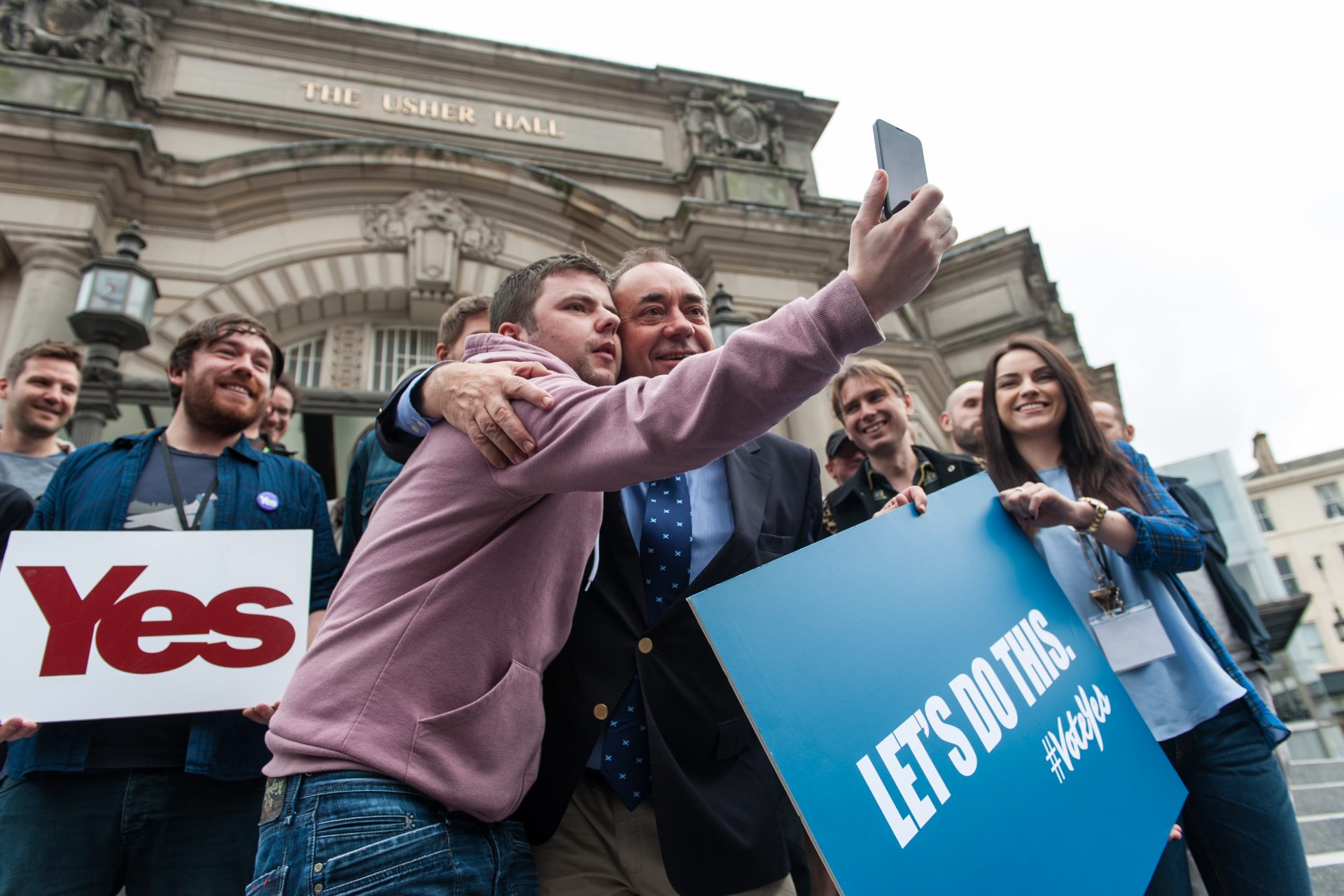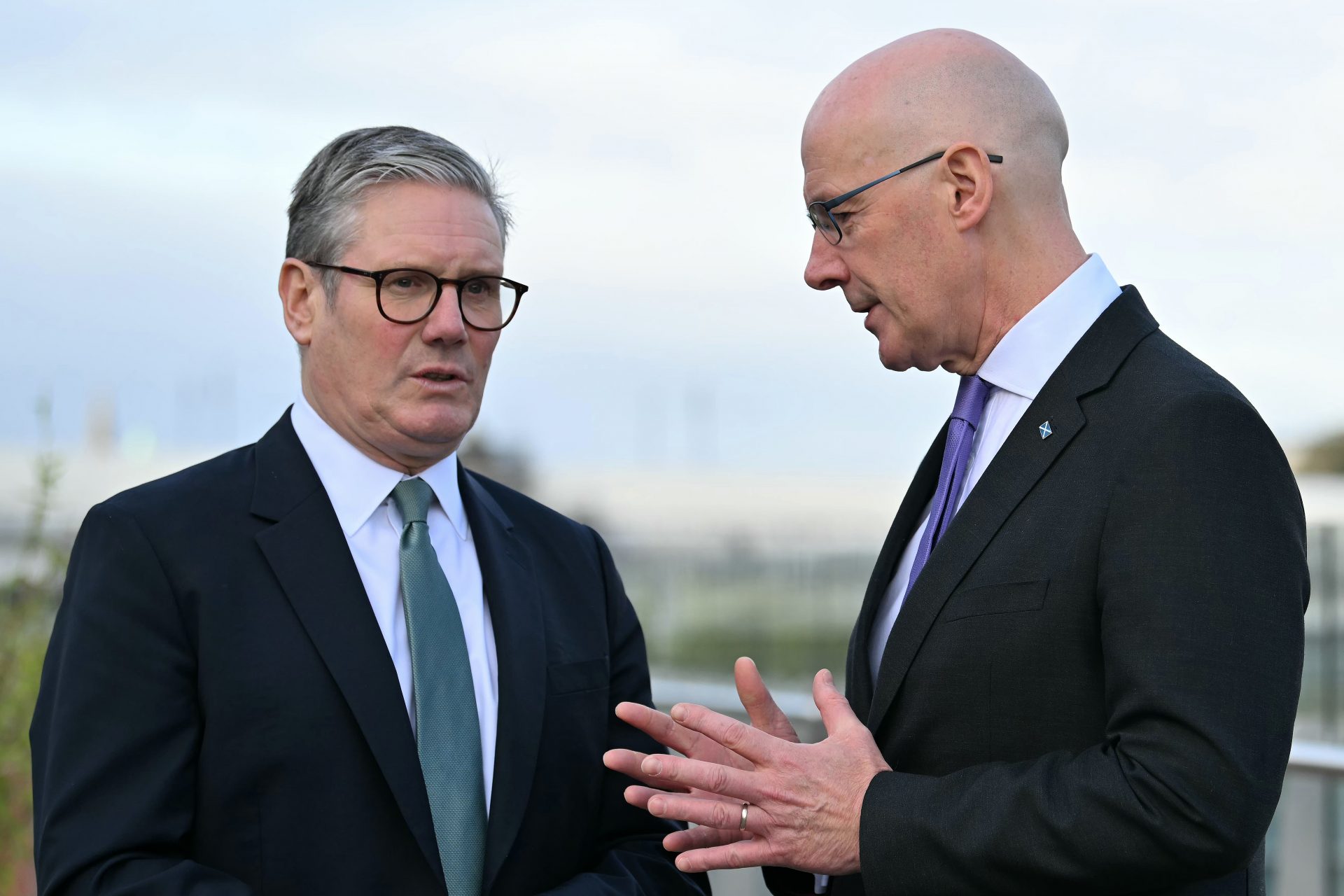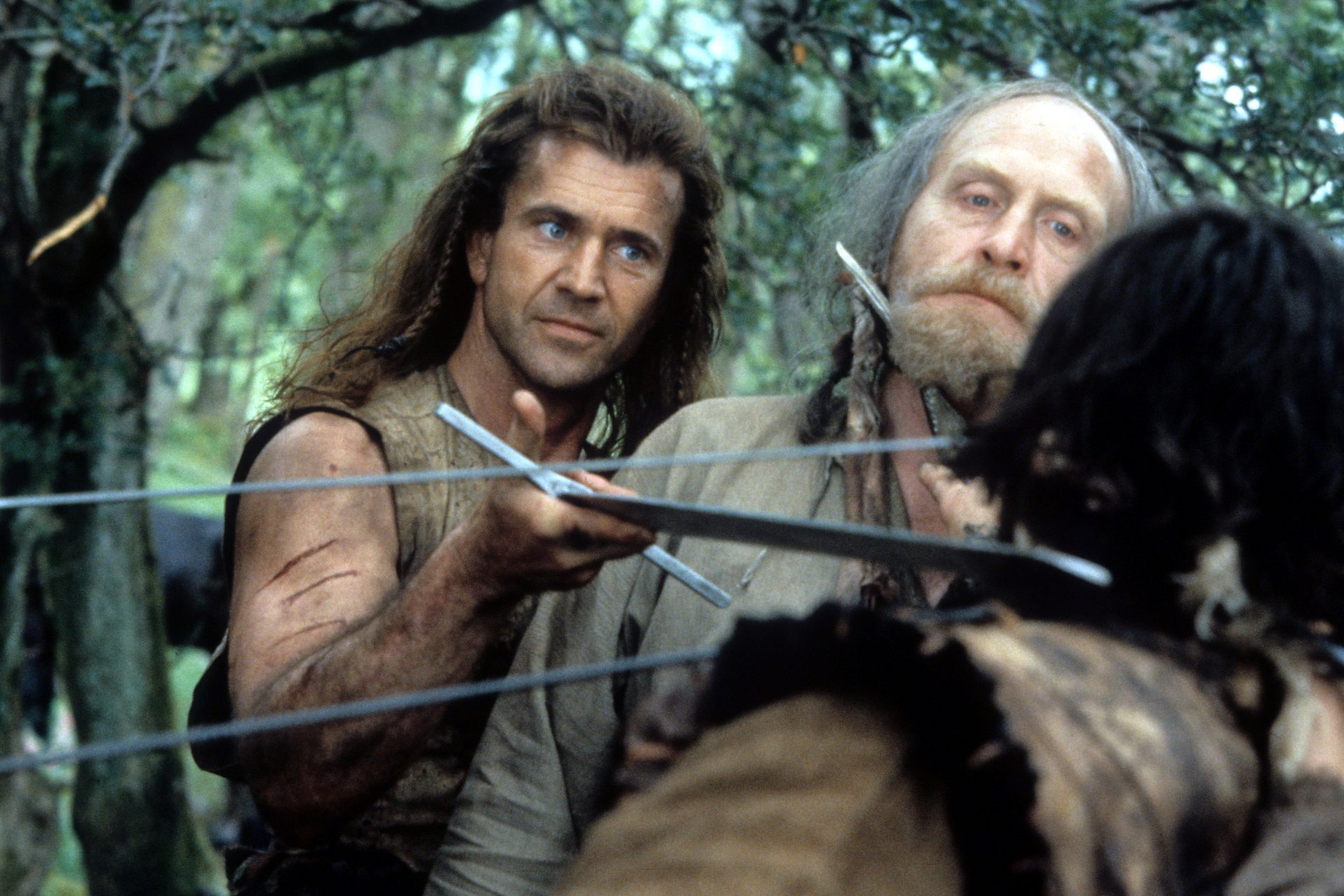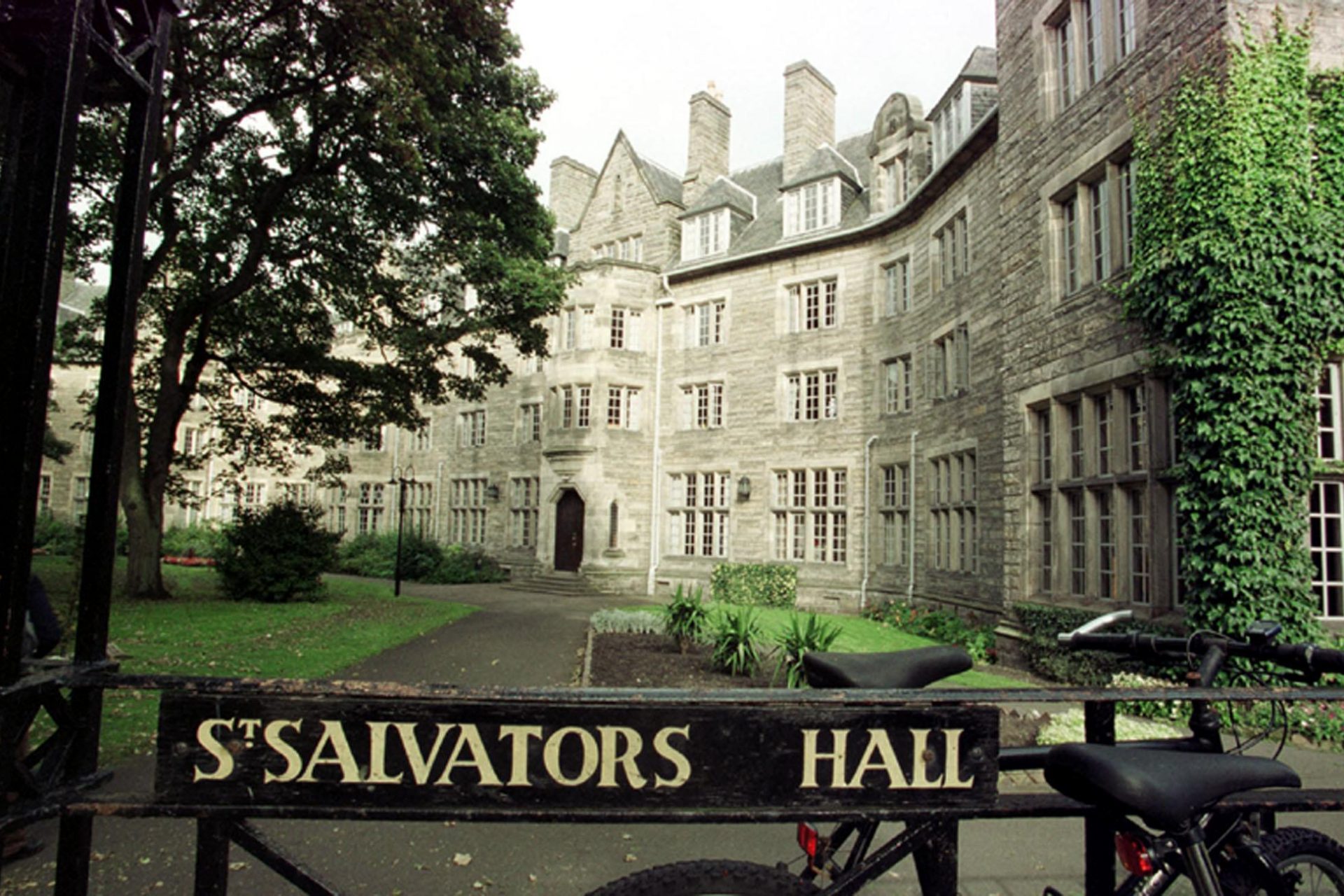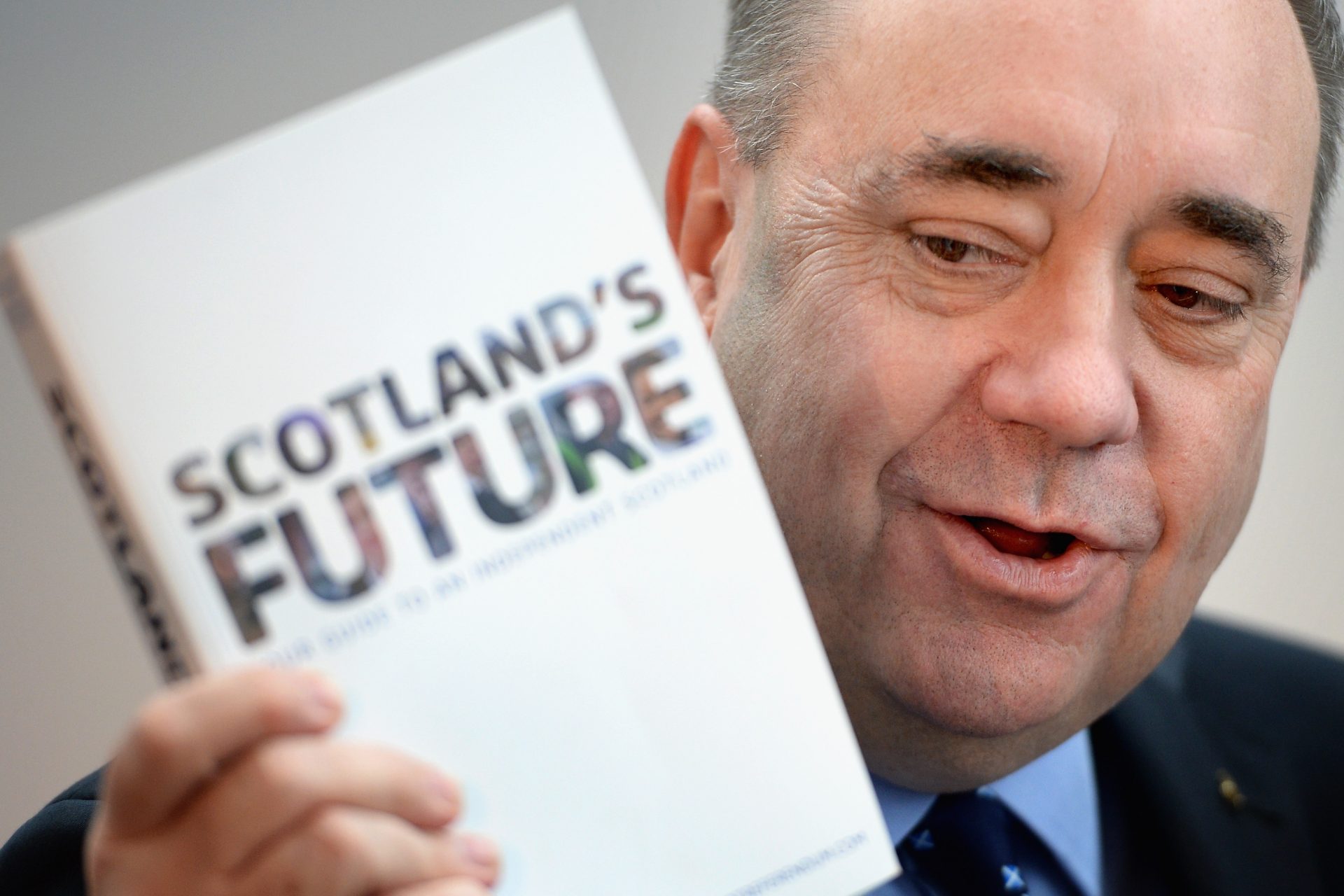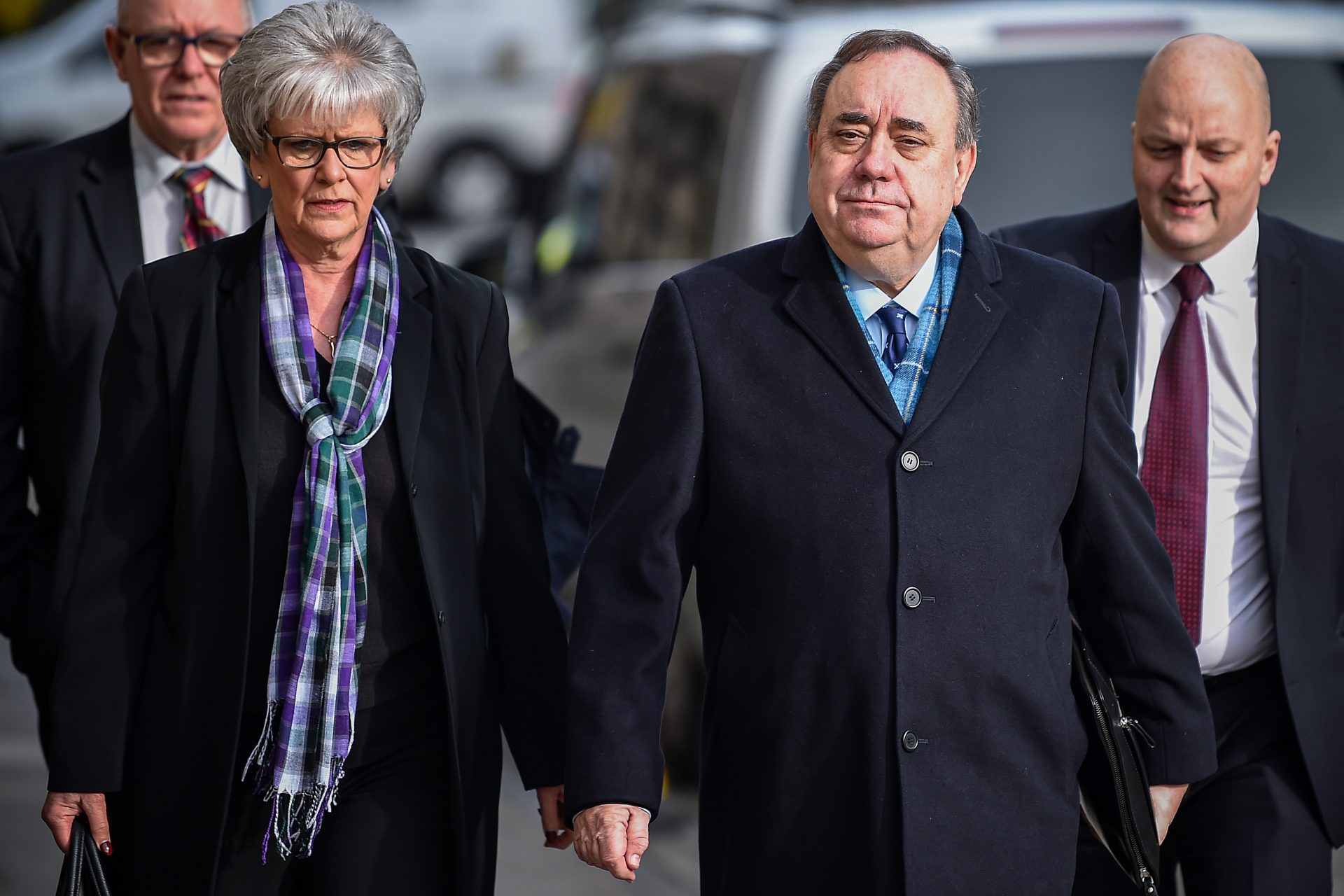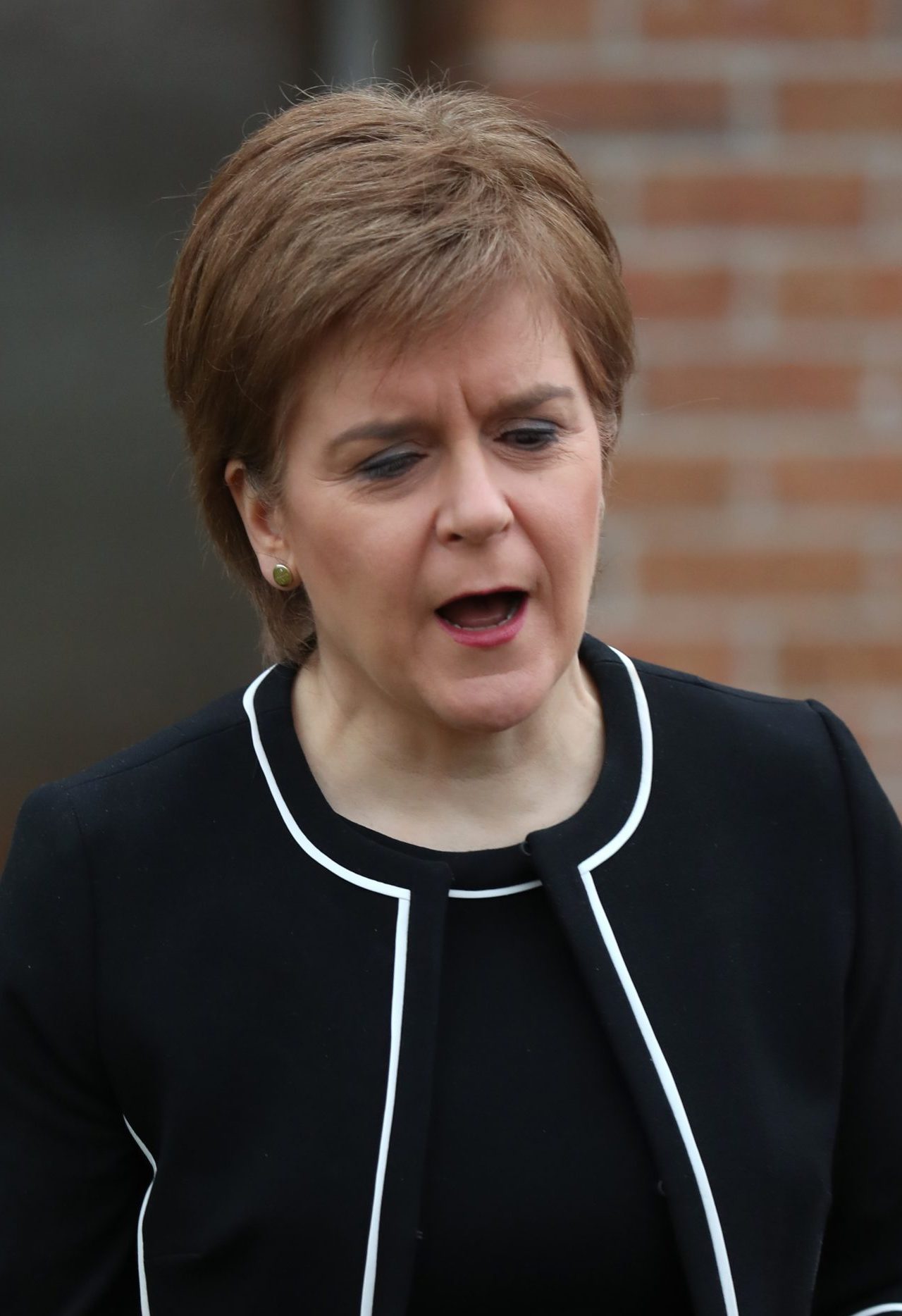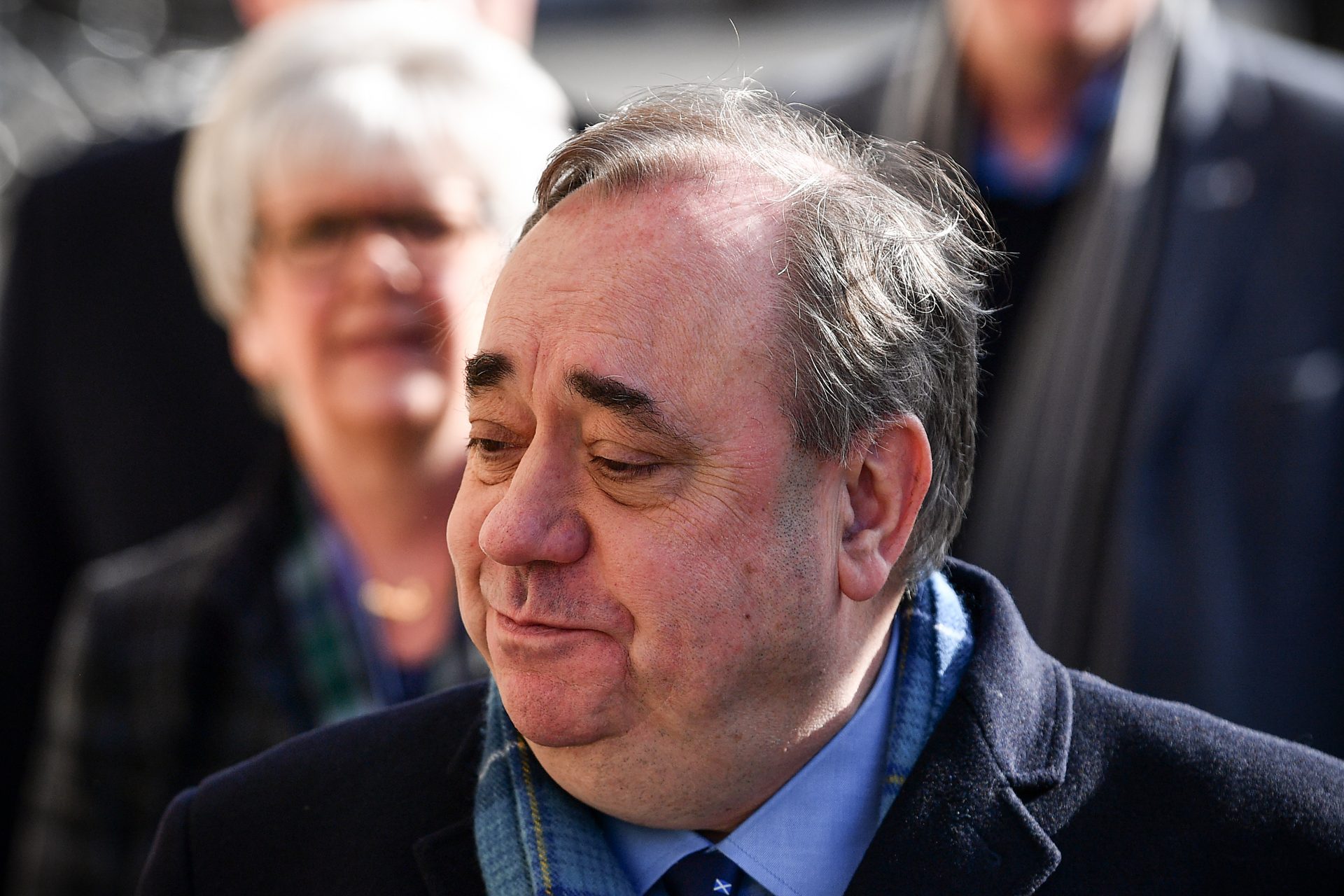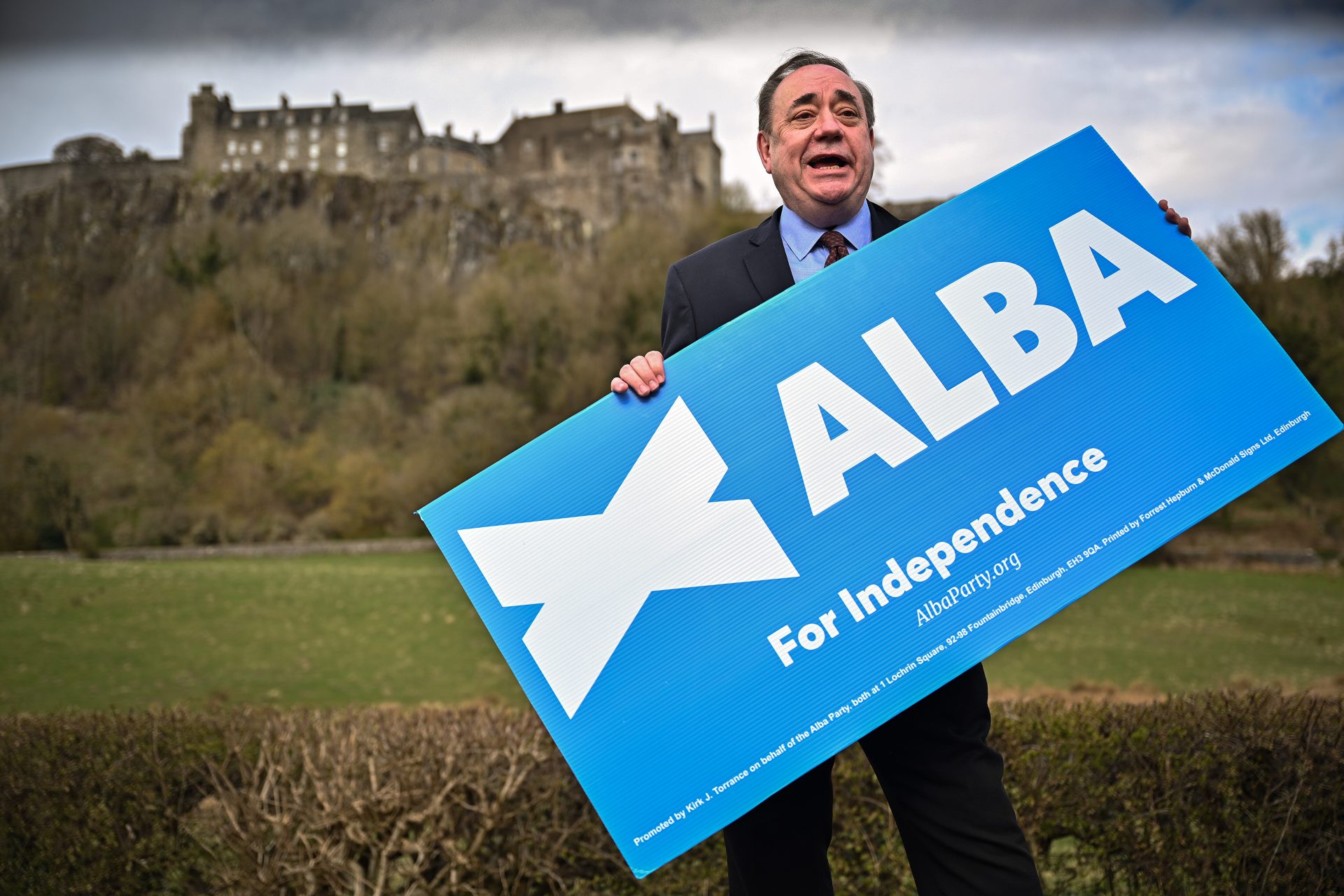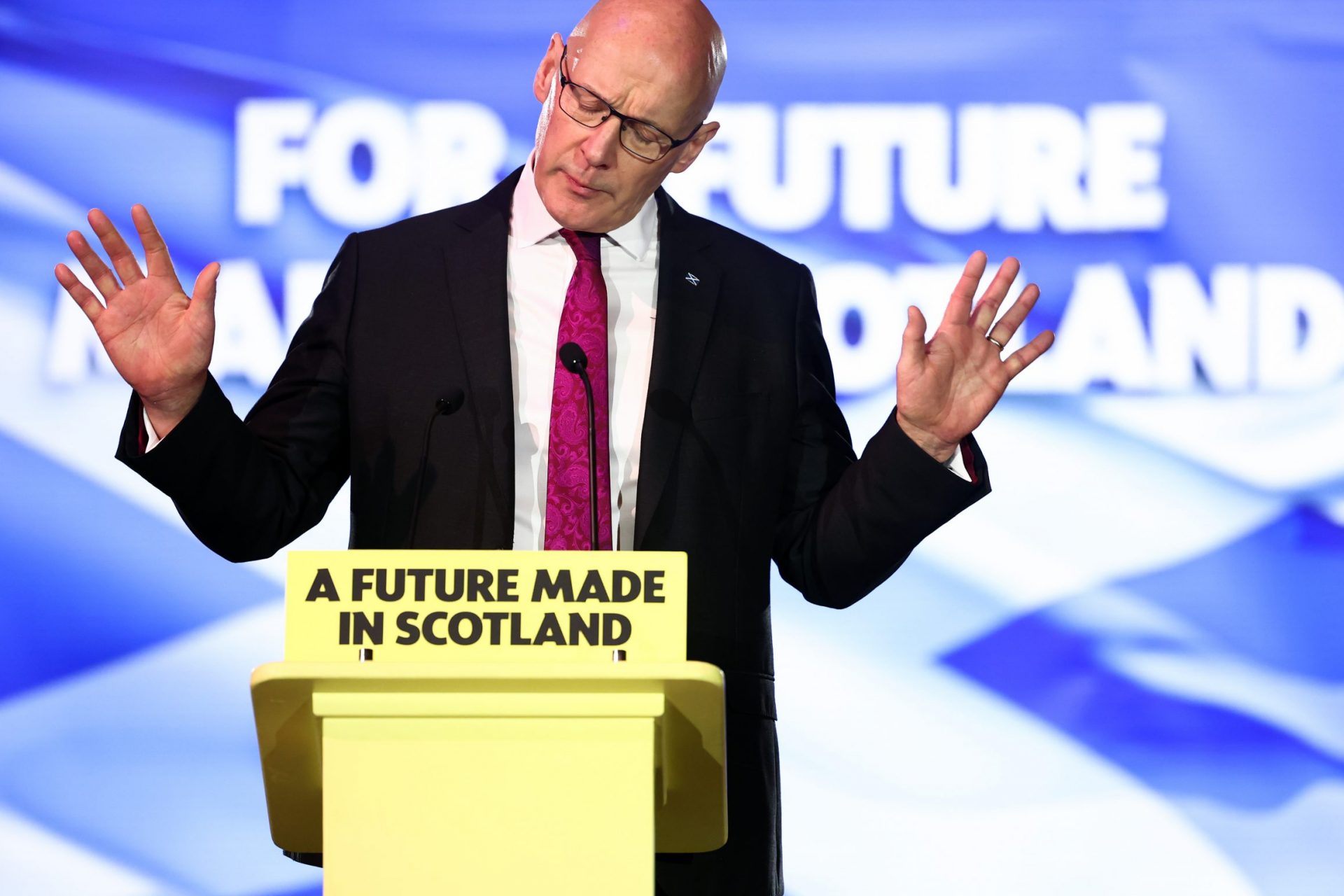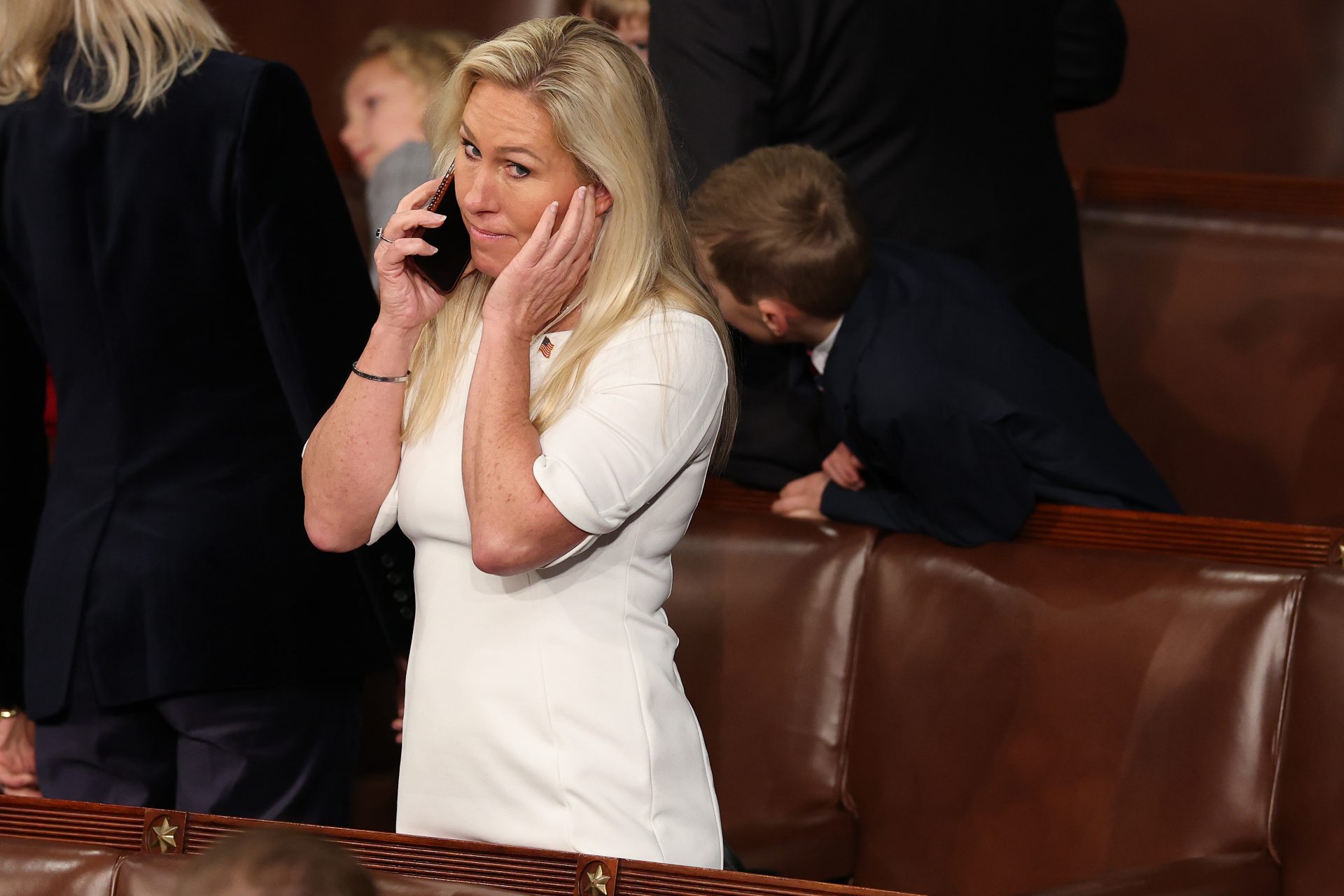Alex Salmond, Scotland’s independence trailblazer dies but his vision lives on
Alex Salmond, the man who lit the torch for Scottish independence and very nearly divided the United Kingdom, has died suddenly of heart failure, aged 69.
A firebrand politician who moved Scotland’s bid for independence to the top of the country’s political agenda, Salmond’s greatest achievement as leader of the Scottish Nationalist Party (SNP) was getting the British government to agree to an independence referendum in 2014.
The referendum failed to secure the result Salmond sought but was far closer run than expected, with the Scots voting 55.3% remain to 44.7% leave.
Many Scottish politicians, including Salmond’s successor Nicola Sturgeon, believed if the referendum had taken place after the 2016 Brexit referendum, the result would have swung in Salmond’s favor as Scotland did not vote to leave the EU.
But by 2016, Salmond was no longer the leader of the SNP or Scotland’s first minister, standing down to allow his protégé, Nicola Sturgeon to fill his shoes.
Responding to news of Salmond’s death, John Swinney, current SNP leader and first minister of Scotland, said Salmond had “fought fearlessly for the country,” the Financial Times reports.
According to Swinney, Salmond “took the Scottish National party from the fringes of Scottish politics into government and led Scotland so close to becoming an independent country.”
Meanwhile, Sir Keir Starmer, Britain’s Labour prime minister, described Salmond as a “monumental” politician who had left behind a “lasting legacy.”
Born in a council house in Linlithgow, 20 miles from Edinburgh on Scotland’s east coast, Salmond was inspired as a boy by his grandfather’s romantic stories of how Scotland resisted England’s advancing army back in the 14-century.
Salmond would later say that these tales of Scottish courage “kindled a flame” of nationalistic fervor that would later shape his political career.
Having studied economy at St Andrews University, Salmond went on to guide Scottish politics for 20 years as SNP leader, between 1990 and 2000 and 2004 to 2014.
The SNP got into power in 2007, making Salmond Scotland’s first minister. The party has been governing from the devolved parliament in Holyrood ever since, though support for the SNP has slid considerably from its peak in 2014.
After Salmond stepped aside, public disillusionment with the torchbearer set in when he launched a political talk-show on Kremlin-backed Russian broadcaster RT.
Salmond’s fall from grace was cemented shortly after when he faced 13 charges of s****l assault. In what was dubbed Scotland’s “trial of the century,” Salmond was cleared of the charges but his reputation suffered.
Bitter, Salmond blamed his protégé Sturgeon for what he termed a conspiracy against him, though he did admit to two consensual hook-ups with younger members of staff.
“The evidence supports a deliberate, prolonged, malicious and concerted effort among a range of individuals within the Scottish government and the SNP to damage my reputation, even to the extent of having me imprisoned,” he told a parliamentary inquiry in 2021.
Salmond founded the splinter independence party, Alba, in 2021 to rival the SNP but it failed to capture the imagination of the Scottish electorate.
But while support for Alba is minimal and the SNP has lost ground, Salmond’s vision of an independent Scotland is as popular among the Scots as ever, according to Statista with 44% still in favor.
More for you
Top Stories



